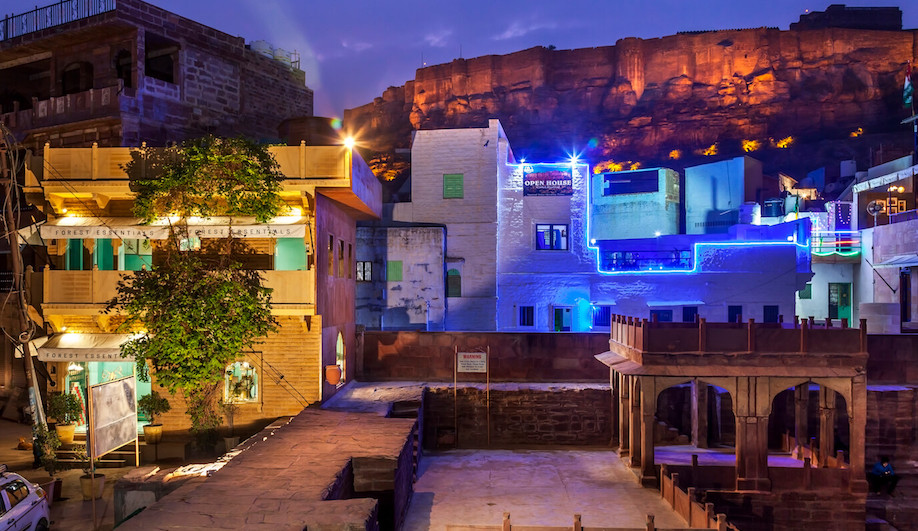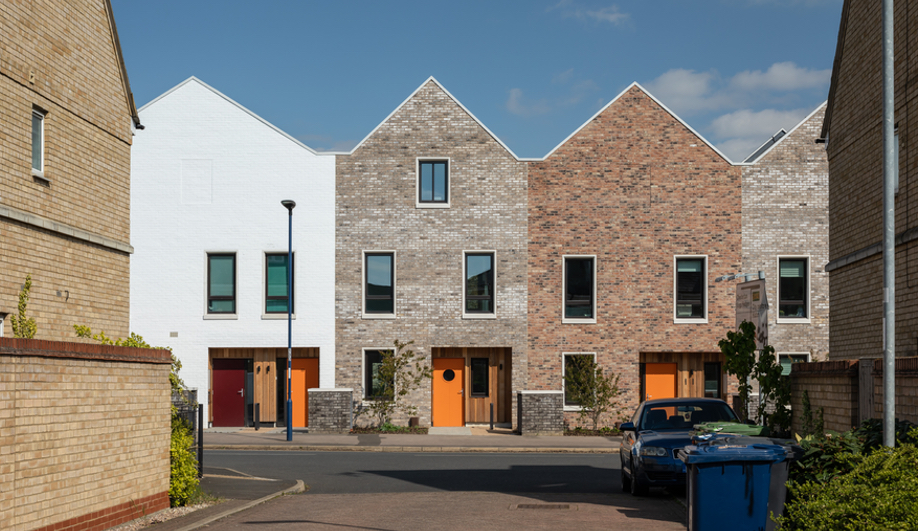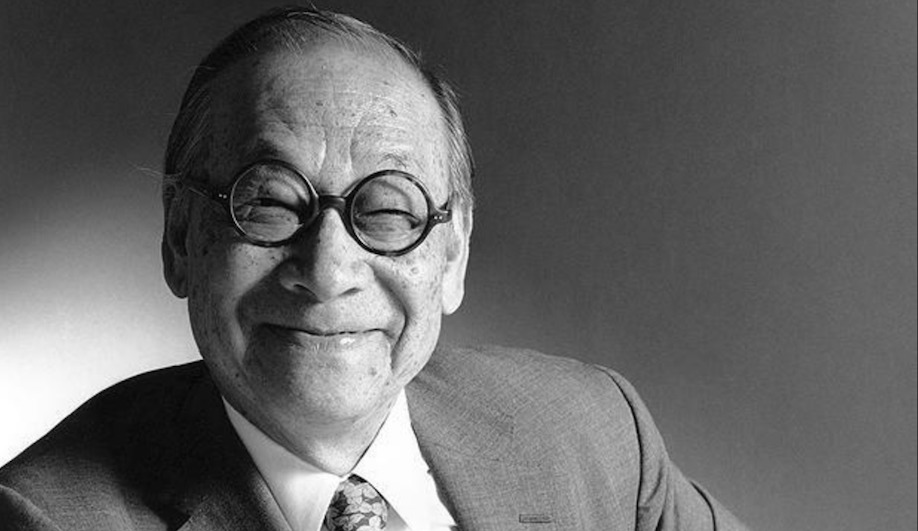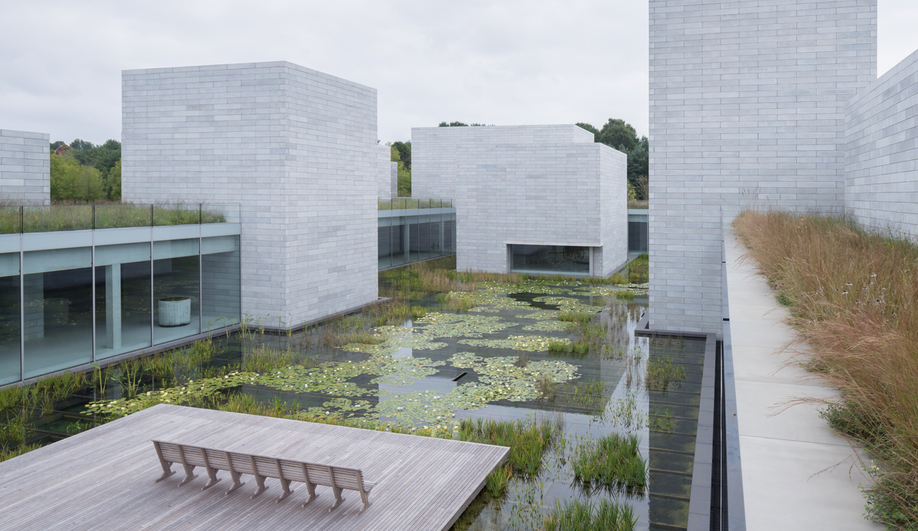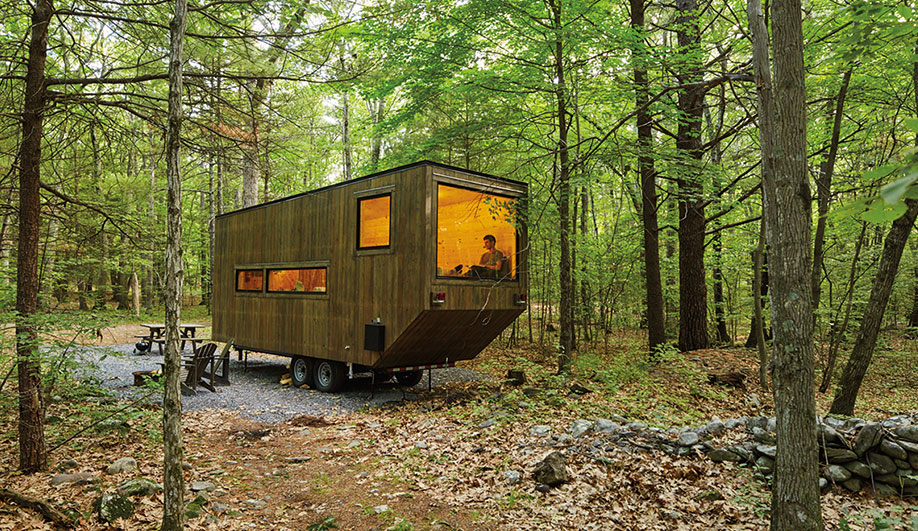
These cozy, clever cabins are an exploration of the possibilities for portable architecture.
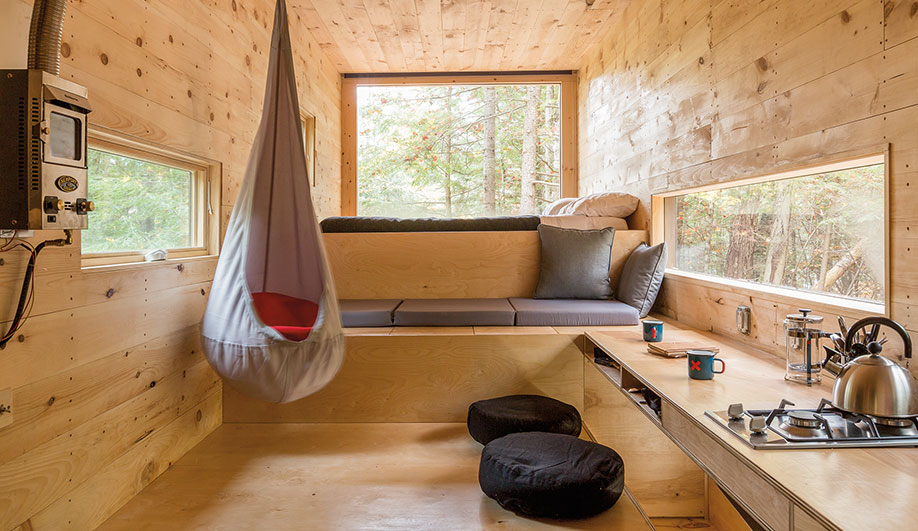
Getaway
If 19th-century essayist Henry David Thoreau had had a fixed-gear bike and a taste for craft beer, his wilderness refuge might have resembled one of Getaway’s mobile micro-cabins – now renting to urbanites looking for a Walden of their own. Launched by Harvard design, business and law graduates, Getaway rents fully kitted-out cabins across southern New Hampshire and upstate New York. The fleet’s seven cabins come in four styles, from 45 to 60 square metres, each clad in locally-sourced shiplap pine and each named after a group member’s grandmother. “The Eleanor is for reading, writing and quiet reflection,” says founder Jon Staff, “while the Ovida is ideal for a group hangout.”
Built-in elements in pine and birch transition from bunk to kitchen galley to work area. Constrained by roadway dimensions, the cabins are long and narrow, but ample glazing and a few spartan furnishings – stools, cushions and ladders to the queen-size beds – make for a comfortable rusticity.
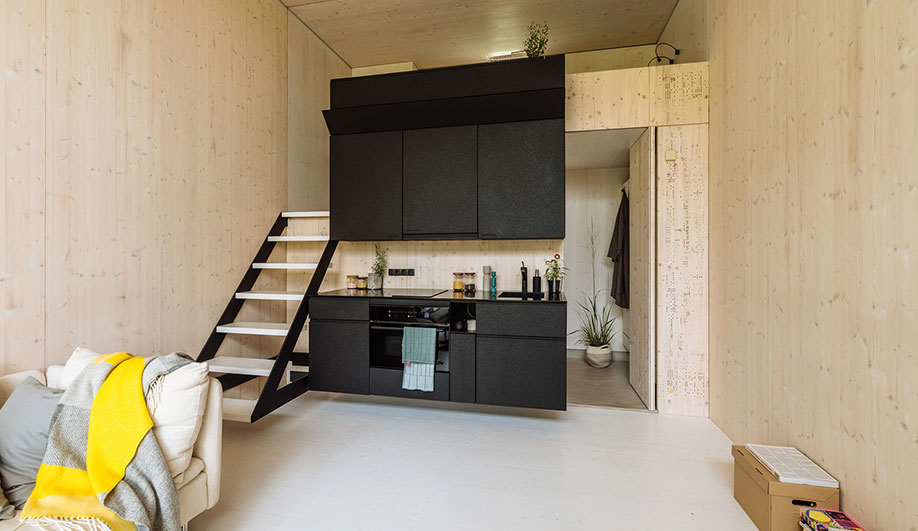
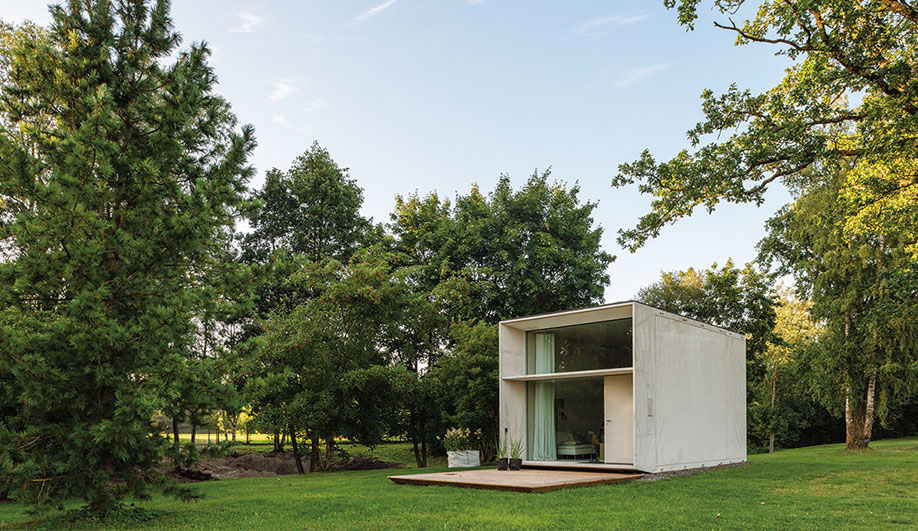
Koda
Kodasema, a 30-member Estonian design collective, has fashioned a 25-square-metre mini-home that – although portable – prioritizes quality and sustainability. Behind its quadruple-glazed picture windows, a cozy lounge leads to a kitchen and a washroom, with the bed on a mezzanine just above. “The cupboards are black, not only as an aesthetic decision but as a practical one,” says project manager Karin Kahre. “The surface absorbs light and creates hundreds of watts of extra heating energy.” Solar panels kick in, especially during the summer, to reduce power use.
Erected in under seven hours, Koda’s vacuum-insulated concrete outer shell, imprinted with a distinct yacht-sail design, is up to three times stronger than typical concrete, ensuring the structure’s longevity. Koda will go on sale in 2017, and while its designers call it a house, they imagine a range of other uses, from pop-up shops to studios. “The old construction paradigm, where temporary meant low quality,” says Kahre, “doesn’t fly anymore.”

